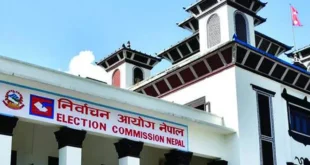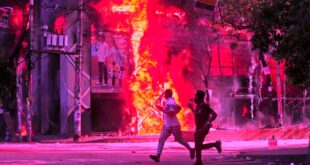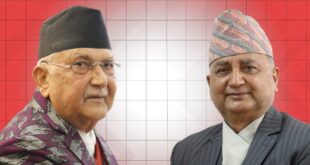Special Desk
Coming up, after much delay is the first peace talk between the Afghan government and the Taliban slated to begin in Qatar that the world is looking ahead to.
US Secretary of State Mike Pompeo has termed the meeting as historic before he flew to Doha for the opening ceremony of the talks. The talks were due in February. But disagreements over a controversial prisoner swap stalled the next stage, as did violence in Afghanistan, where four decades of war are at a stalemate.
A delegation of leading Afghans left Kabul for Doha on September 11, the day 19 years ago of the deadly attacks on the US which led to the end of Taliban rule. The head of the delegation, Abdullah Abdullah, said they were seeking “a just and dignified peace”.
The militants had until now refused to meet the government, calling them powerless and American puppets. The two sides are aiming for political reconciliation and an end to decades of violence, which began with the 1979 Soviet invasion.
That agreement took over a year to finalise, and the government-Taliban talks are expected to be even more complicated. Many worry that fragile progress made in women’s rights could be sacrificed in the process.

The talks also present a challenge to the Taliban, who will have to bring forward a tangible political vision for Afghanistan. The talks may provide more evidence of how the militant group has changed since the 1990s, when they ruled using a harsh interpretation of Sharia law.
Also Read : 5-point plan for India-China border standoff
Also Read : Rajpurohit emerged as a real warrior in the Corona era
The US and its Nato allies agreed to withdraw all troops within 14 months, while the Taliban committed not to allow al-Qaeda or any other extremist group to operate in the areas they control.
US-led troops have been present in Afghanistan for nearly two decades, after launching air strikes to oust the Taliban in 2001 following the deadly 9/11 al-Qaeda attacks in New York.
The Watson Institute at Brown University estimated in November 2019 that more than 43,000 civilians had been killed, with 64,000 Afghan security personnel and 42,000 anti-government fighters dead. The true numbers will never be known.
 Jubilee Post News & Views
Jubilee Post News & Views





